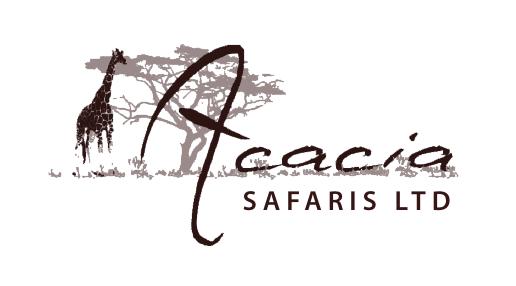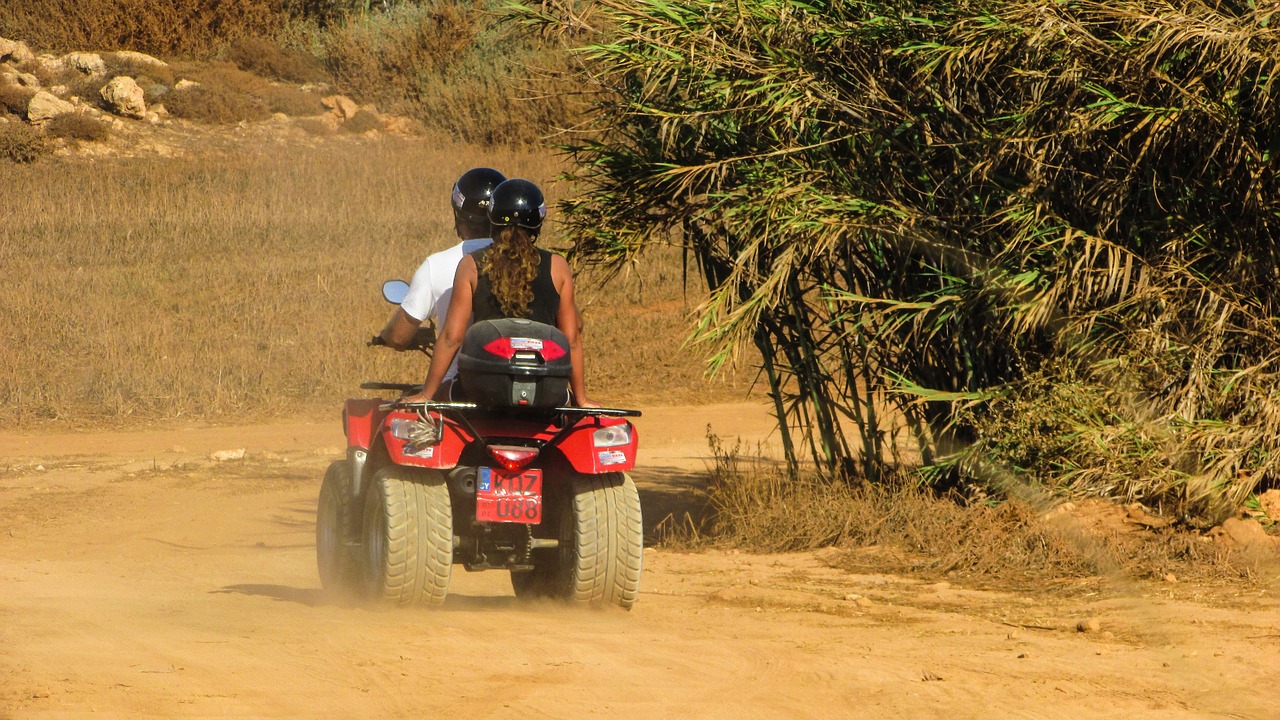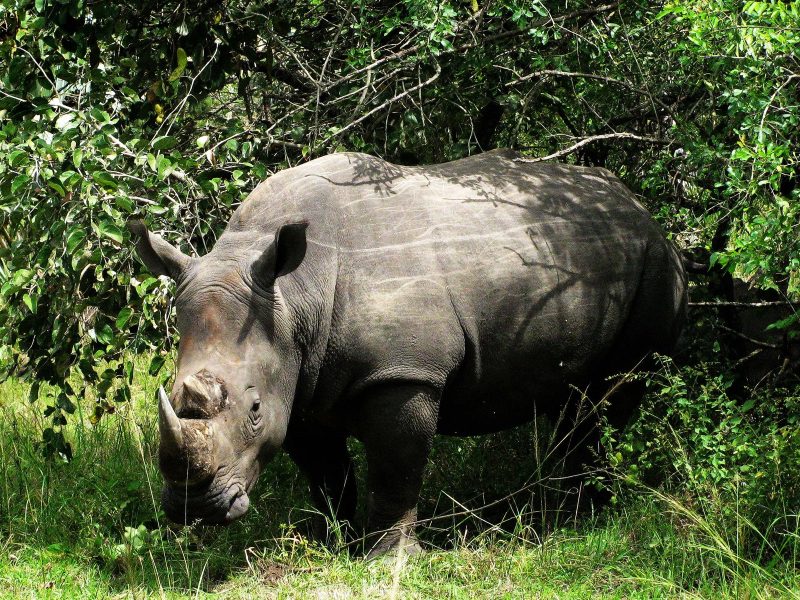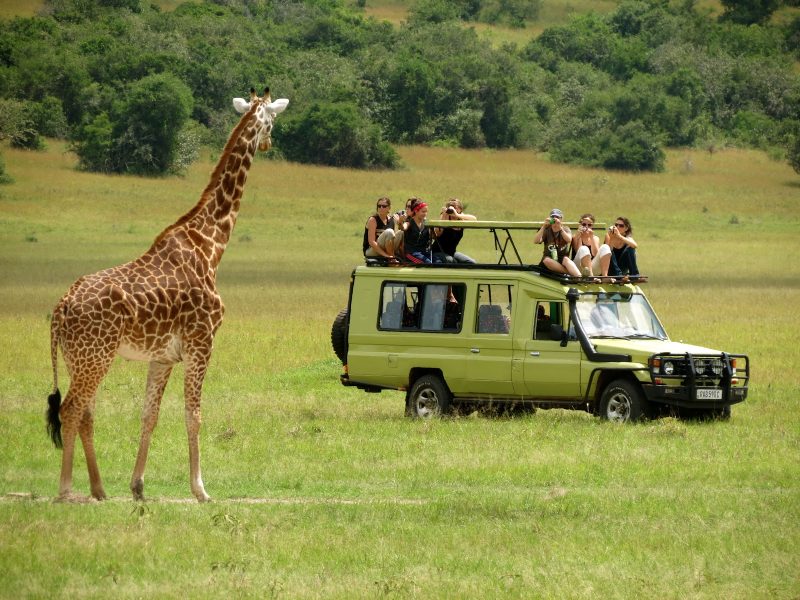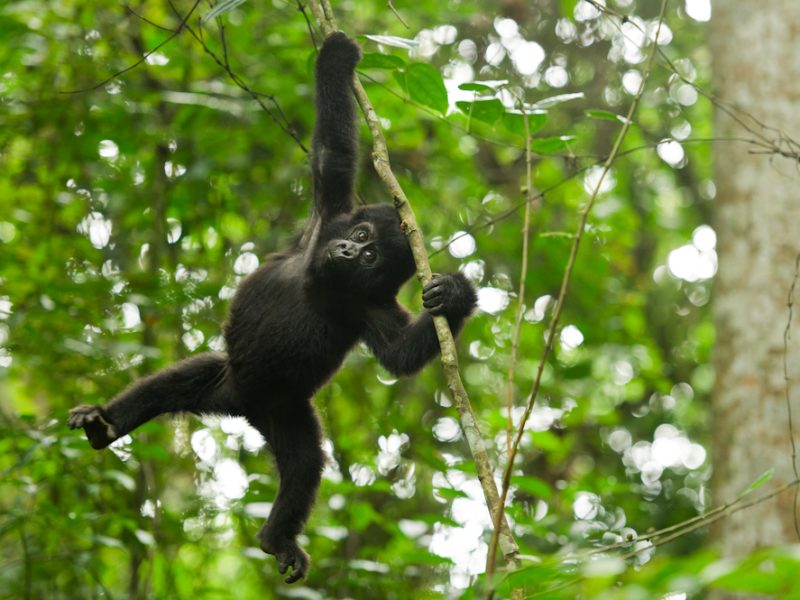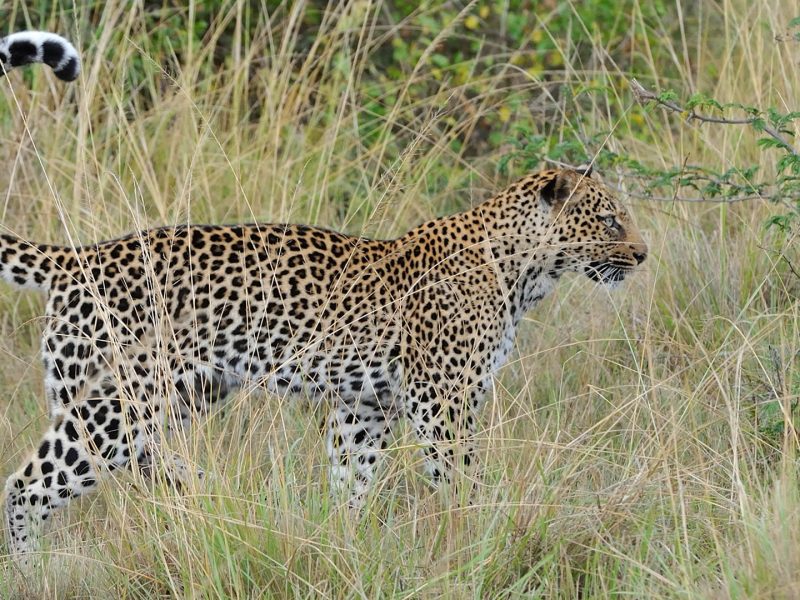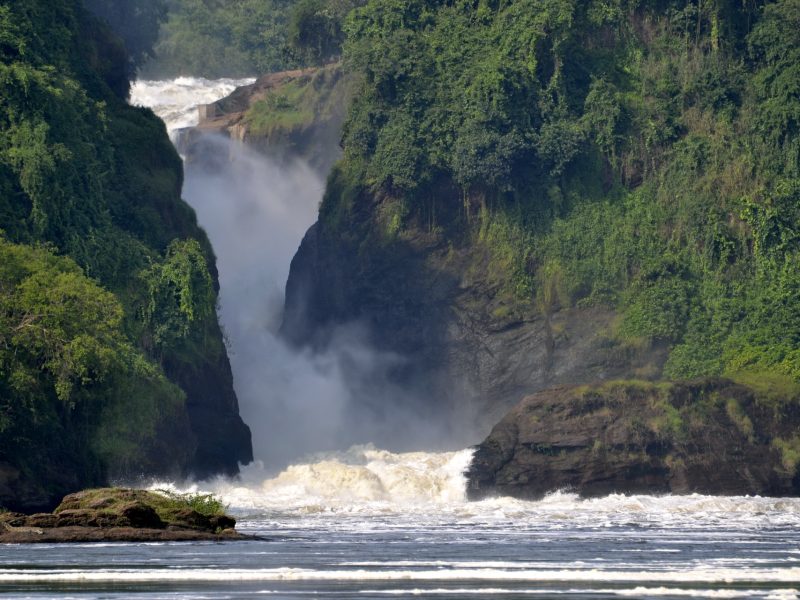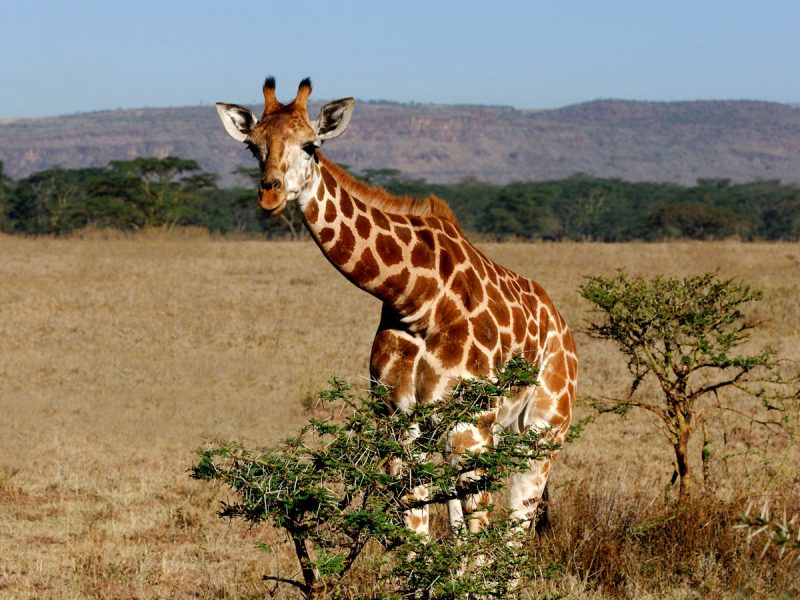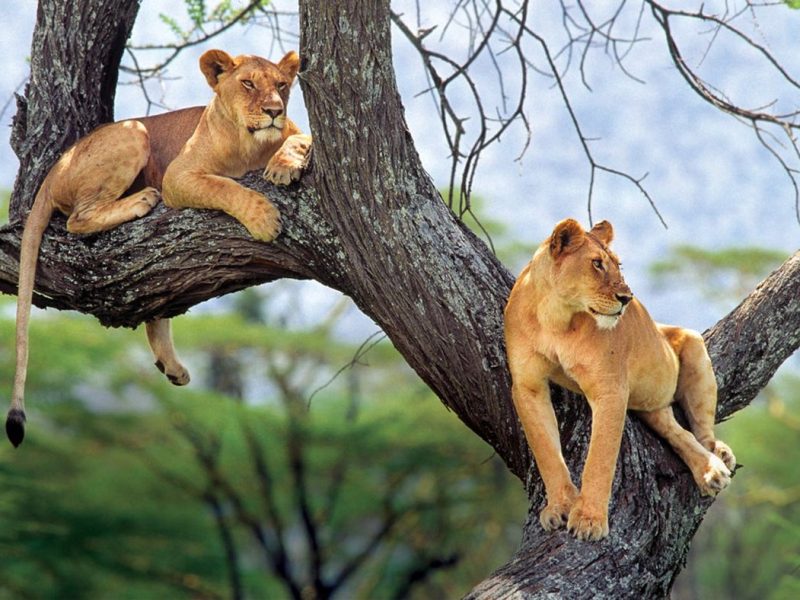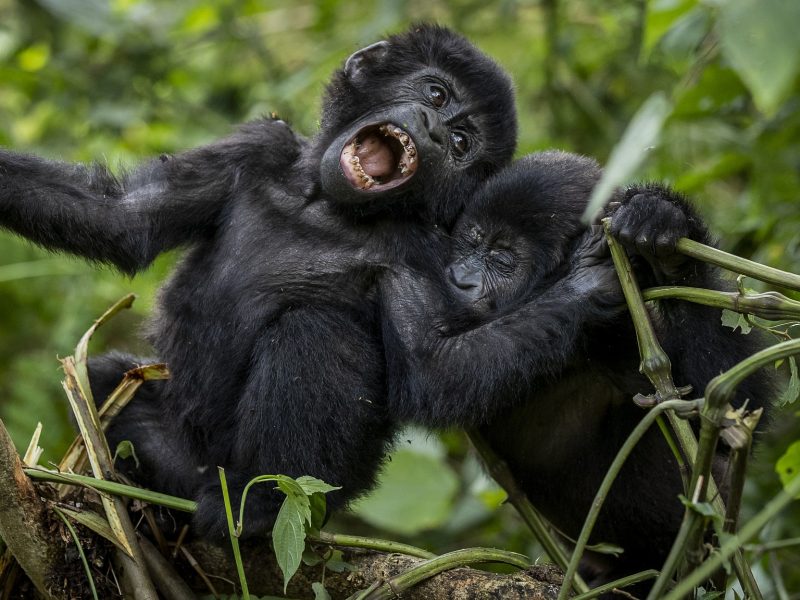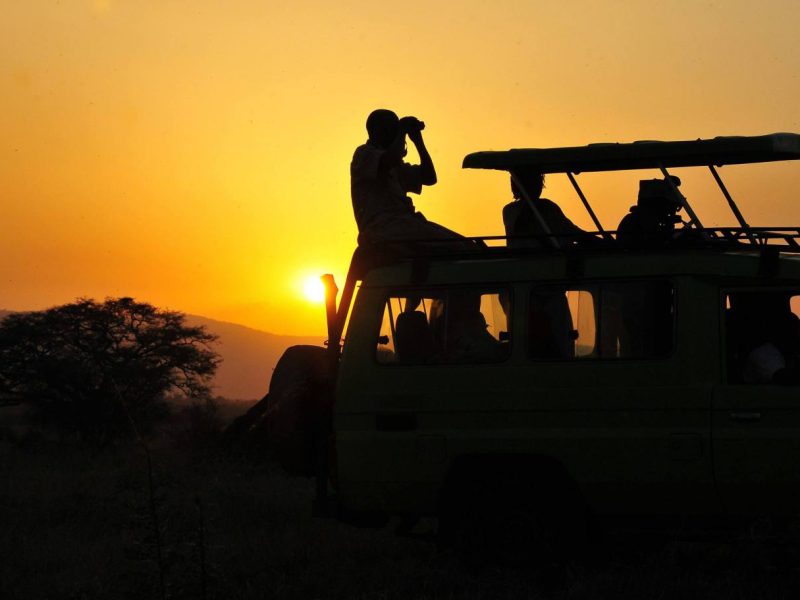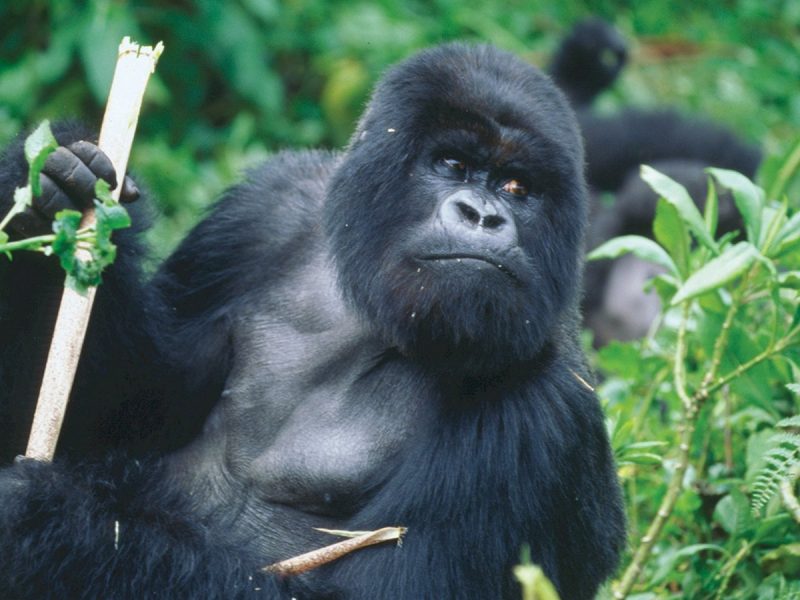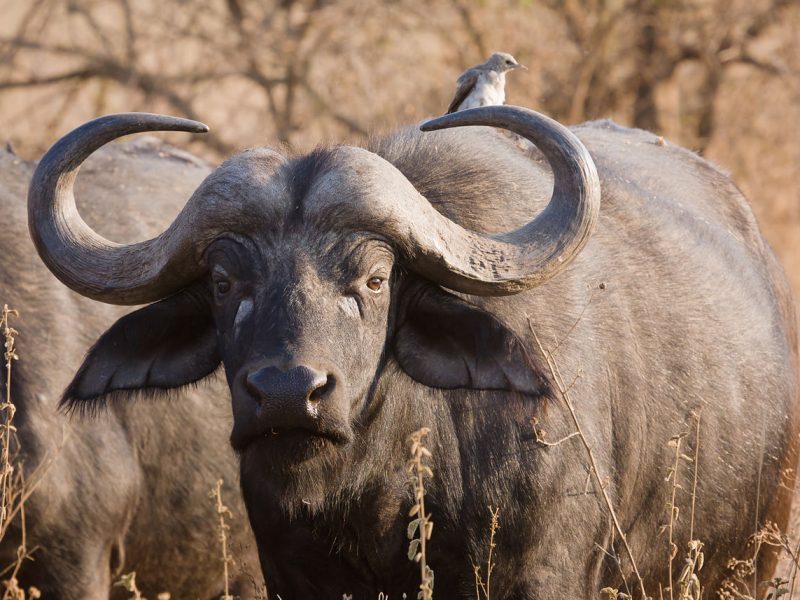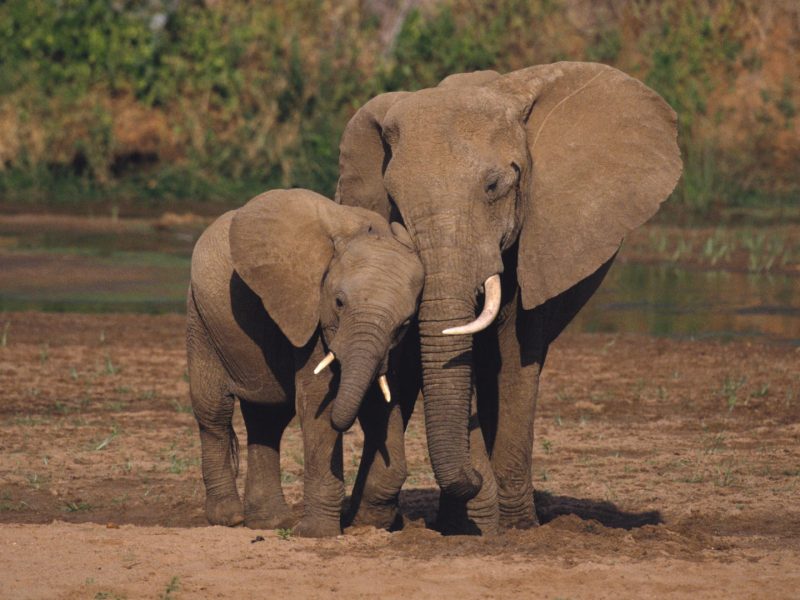Ecotourism in Uganda & (East Africa) | Responsible Tourism in East Africa
Acacia Safaris Uganda defines Ecotourism as “that form of travel that involves traveling to natural areas with the objectives of learning, studying or participating in activities that seek to minimize negative impacts to the environment; at the same time protecting and empowering the host communities socially and economically”.
According to IUCN 1996, ecotourism is defined as environmentally responsible travel and visitation to relatively undisturbed areas, in order to enjoy and appreciate nature (and any accompanying cultural features both past and present) that promotes conservation, has low negative visitor impact, and provides for beneficially active socio-economic involvement of the local population.
Ecotourism Background in Uganda
Ecotourism is a new phenomenon in the world as is in Uganda – dating back to the 1990s. It involves such activities as Nature guided Walks, Bird Watching, Village/community Walks, forest walks, butterfly watching, sport fishing, mountaineering/hill-climbing, Gorilla tracking, Chimp tracking, game viewing, boat cruises, canoeing, caving, scenery viewing/nature photography, primate watching/walks, and any other aspects that relate to Natural, Cultural and Rural tourism. The ecotourism destinations in Uganda include all the ten national parks, wildlife and game reserves, forest reserves, events/cultural centers, community wetlands, Theme parks, resorts, and important bird areas.
Current status and trends
With the development of activities like Gorilla tracking, Chimpanzee tracking, Birding, Forest / Nature Walks, cultural trails etc; Uganda has taken significant steps in what scholars may regard as a shift from the traditional tourism to responsible travel to ecologically sensitive areas.
The liveliest example of an ecotourism initiative in Uganda is KAFRED (Kibale Association for Rural and Economic Development) – a Community Based Organization which is entirely managed and run by the local community.
It was initiated with the main theme of protecting Bigodi wetland (adjacent to Kibale Forest National Park) while advancing health, education and economic growth in the wider local community. 100% of employees are from the community and the participatory planning of the organization includes members and representatives of homesteads neighboring the swamp.
The project has contributed towards the conservation of the wetland and the park at large and raising the socioeconomic standards of the people through setting up a tourist reception; construction of the wetland board walk; advancing conservation practices in area’s primary schools including Bigodi, Busabura, Busiriba, Kiyoima, etc; training local guides, formation and supporting women groups like the Bigodi women’s groups, Enyange drama actors etc. All this has improved on the image of the area and created conservation awareness amongst the local people.
Ecotourism benefits in Uganda
- The benefits of ecotourism are divided into three; i.e., environmental, economic and socio-cultural benefits. The following represent the general benefits of ecotourism to the communities and the host governments.
- Preserves the natural resource by undertaking environmentally friendly activities
- Employment opportunities for the local people working as guides, staff in parks and other establishments adjacent to the resource
- Increased household income from the sale of handcrafts and other food items
- Enhances awareness, improvement of the social infrastructure like schools, libraries, health care Institutions through involving the local people in participatory planning programs and channeling tourism income to community projects
- Improvement in local community access hence reducing the feeling of solitude among the local people. There will be development of pride, appreciation, understanding, respect for each others’ culture, increasing self esteem of hosts and tourists and the preservation of local traditions.
General Ecotourism Challenges world over
The following problems present obstacles in the development of ecotourism in most destination countries across the globe
- Difficulty in preserving the ecotourism resources due to lack of local people awareness and in some cases, tourists
- Inadequate and lack of skilled, interested, and understanding personnel (especially public officers’) involved in ecotourism activities and ecotourism interpretative services hence the problem of difficulty in securing a budget for ecotourism development
- There are no clear norms and implementation guidelines for ecotourism in national wildlife reserves in most countries and other areas of interest due to a significantly low number of ecotourists thus a few programs have been produced and most travel agencies are mindless of its operation
- Government intervention has posed a problem as regards the control and management of national parks, wildlife and game reserves, and other resources, and/or how to include local communities in ecotourism activities. For example; the damaging of ecotourism resources in a bid to promote industrialization and urban development in most destination countries.
Acacia Safaris Uganda Concept of Ecotourism
Acacia Safaris Uganda defines Ecotourism as “that form of travel that involves traveling to natural areas with the objectives of learning, studying or participating in activities that seek to minimize negative impacts to the environment; at the same time protecting and empowering the host communities socially and economically”.
Acacia Safaris Uganda Mission
To foster a shift from the traditional tourism to current and future market trends by exploring specialty market niches that detail nature, adventure, culture, education, wilderness ethic, environment stewardship enlightenment, benefits plus responsibilities, and green reality (eco ethnic)
Acacia Safaris Uganda offers a travel experience that helps travelers come to better understanding of unique and natural environments around Uganda. We offer specialized tours to small groups and take you to ecolodges in Ugandan natural areas to see unique environments and cultures of the people of Uganda with local guides that are trained to interpret the cultural and environmental resources.
We also focus on helping our travelers to develop better instincts on how to travel and how to properly contribute towards environmental conservation, cultural survival and other important sustainable development issues in Uganda.
Ecotourism related activities in Uganda that we specialize in include forest /nature walks, village walks, birding, community/rural tourism, Eco Camping, game viewing, primate tracking (mountain gorilla, chimpanzee and golden monkey), mountain climbing, hill hiking, cultural tourism, sightseeing, wildlife / nature photography, biking, white water rafting, bungee jumping, bush camping etc.
